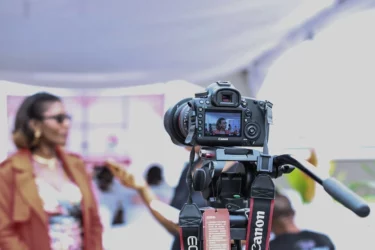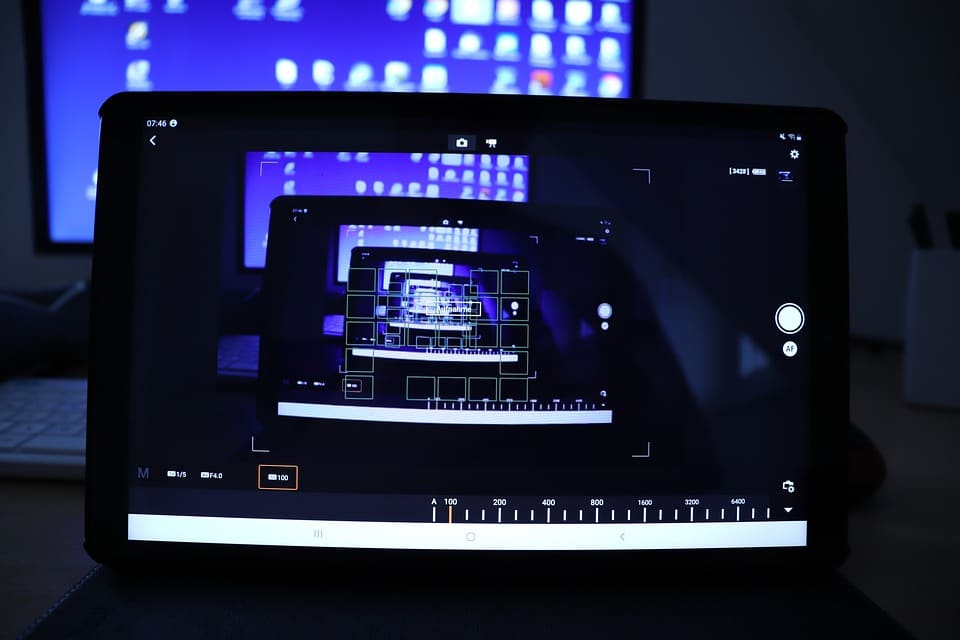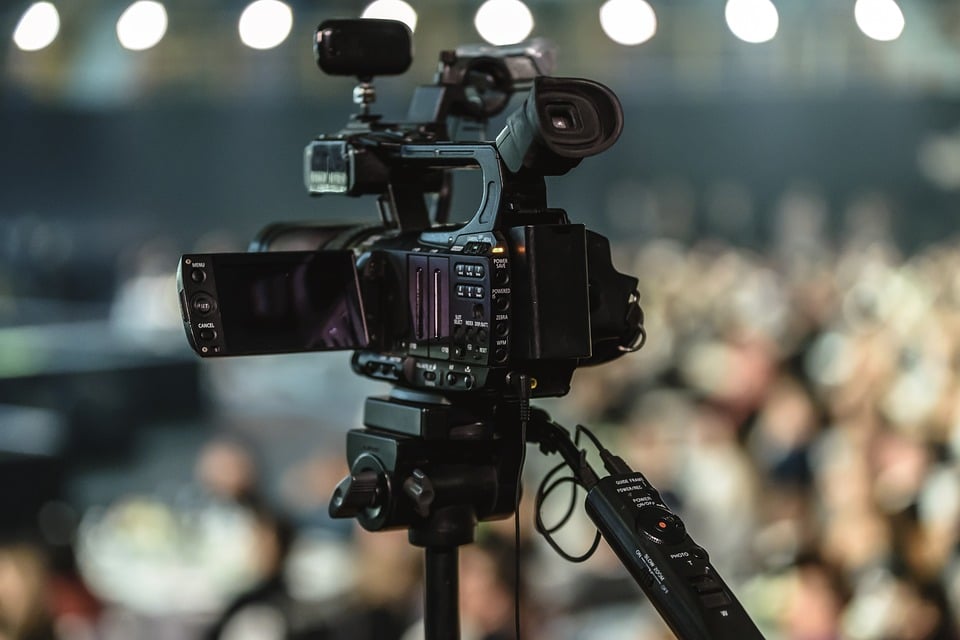 What’s that thing court reporters are always typing on? This is a question that CourtScribes gets asked all the time.
What’s that thing court reporters are always typing on? This is a question that CourtScribes gets asked all the time.
Well, that thing is called a stenotype machine. It’s also used for captioning television broadcasts as well. The stenotype works a bit like a portable word processor. It has a 22-button keyboard in place of the standard “qwerty” setup. The way modern stenotypes are set up, they have two rows of consonants across the middle, underneath a long “number bar.” Set in front are four vowel keys: “A,” “O,” “E,” and “U.”
How Does a Stenotype Work?
Court stenographers can type entire words all at once by striking multiple keys at the same time. This is a special skill that they have acquired. The left hand spells out the beginning of a syllable, while the right hand spells out the end. All keys are pressed at the same time, and the machine produces a word jumble that’s incomprehensible to anyone who’s not trained in (stenotype) machine shorthand.
Stenographers spell out syllables phonetically. But there aren’t enough keys on each side of the keyboard to cover every sound. Certain combinations of adjacent keys correspond to the missing consonants.
At court-reporting school, you learn one of at least half a dozen machine shorthand “theories,” which teach different approaches and general rules. Any experienced stenographer will work out his or her own abbreviations, especially for words and phrases particular to a given job.
In the old days, everything a stenographer typed would print to a roll of narrow paper tape. Later on, the stenographer would translate the notes back to English, and sometimes another stenographer would check the translation. Now the translation is done by computer. Fancier stenotype machines translate as they go. The paper tape still records the original notes, but an LCD display on the machine itself shows the words in regular English.
Almost all stenographers have their own customized machines. A brand-new, top-of-the-line stenotype costs up to about $4,500. Cheaper training models are a bit over $1,000.
In the last few years, more court reporters have begun to use less expensive technologies. A “verbatim” reporter holds a tiny microphone up close to his mouth and repeats everything he hears behind a mask and device that silences the sound of his voice. Voice-recognition software can translate the recording into printed text either after the fact or as the recording is made.
If you need court reporting services that handle digital recording then CourtScribes.com which supports all states and programs that aid in the court reporting world are ready to serve you in your court reporting, videography services, interpreters, live-streaming, and video-to-text synchronization.
Although the majority of cities that offer CourtScribes’ services are in Florida, the company home base, other cities all across these United States that CourtScribes offers services in, are the following: Jacksonville, Miami, Tampa, Port St. Lucie, Fort Lauderdale, Cape Coral, Coral Springs, Clearwater, Palm Bay, Fort Myers, Weston, Sarasota, Orlando, St. Petersburg, Hialeah, Stuart, Hollywood, Naples, West Palm Beach, Boca Raton, Deerfield Beach, Jupiter, Key West, Coral Gables, Maryland, Manhattan, Buffalo, Washington DC, Baltimore, Bowie, Virginia, Frederick, Albany, New York, Brooklyn, Westchester, Gaithersburg, and Rockville.


 Depositions are a key factor in a court case. In fact, they may be one of the most important factors in the decision-making process of a trial. In order for attorneys and other law participants to obtain valid information regarding the case, they must go through the process of deposition.
Depositions are a key factor in a court case. In fact, they may be one of the most important factors in the decision-making process of a trial. In order for attorneys and other law participants to obtain valid information regarding the case, they must go through the process of deposition. CourtScribes
CourtScribes Recent studies were done that caught the eye of CourtScribes regarding a likely court reporter shortage. The study found that the gap between the number of available stenographers and the demand for their services nationwide continues to increase year over year. This is no surprise as we have reported on this many times.
Recent studies were done that caught the eye of CourtScribes regarding a likely court reporter shortage. The study found that the gap between the number of available stenographers and the demand for their services nationwide continues to increase year over year. This is no surprise as we have reported on this many times.